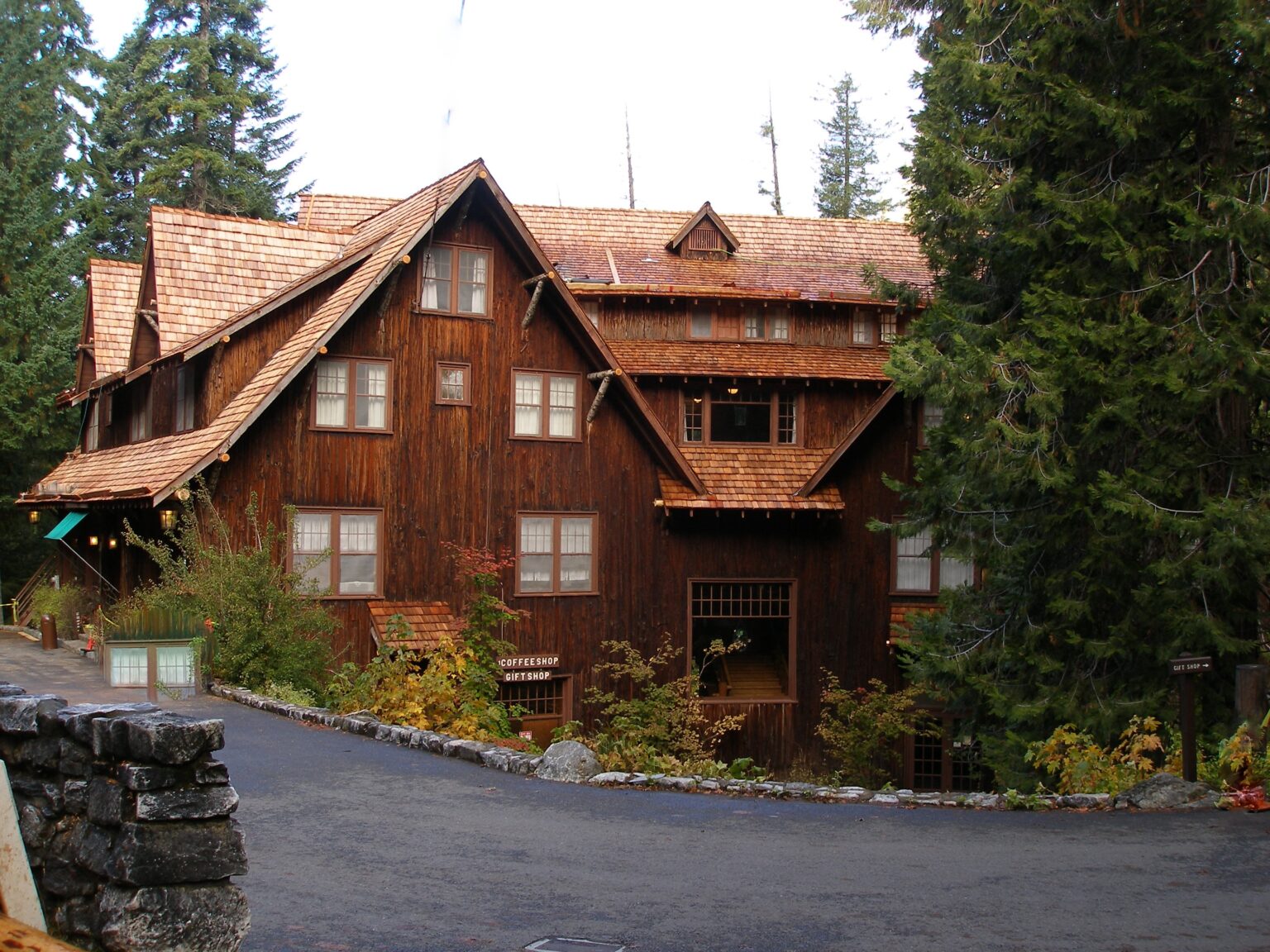Capitol Chatter: Oregon is divided in too many ways, says former secretary of state
Published 5:30 pm Thursday, November 11, 2021

- Capital Chatter square logo
Oregon is above average. Many Oregonians are not. It all depends on where they live.
“The economic fortunes of our citizens vary widely depending on geography,” former Secretary of State Phil Keisling told the Salem City Club last week.
In 2020, Oregon ranked slightly above the middle of the pack nationally in terms of per capita personal income. But the economic prosperity is ill-distributed around the state. “At no time in Oregon history have the gaps between the richest and the poorest counties been as large as they are today,” Keisling said.
In his City Club talk via Zoom, Keisling discussed Oregon’s changing demographics and their effects on the state politics. The same economic, political, educational and geographic divides that afflict Oregon are present nationally. As journalist Elliott Morris recently said, “the life experiences of people in rural and urban areas are worlds apart, and politicians have exploited this divergence.”
Yet Keisling said the biggest divide may be generational: the inability to buy a house or to obtain an affordable higher education, regardless of whether a person lives in Northeast Portland or in Grant County.
Across Oregon, there is a sense of pessimism, estrangement and polarization. Keisling offered antidotes, the most intriguing one involving forests. Before I get to those ideas, let me tell you a bit about Keisling.
He remains a staunch Democrat yet not a lockstep one. He favors doing away with the traditional party primary elections, whose outcomes are determined by the older, most partisan voters in each party. These days, more voters are shunning the two major parties than are joining them. Keisling favors ranked-choice voting in elections.
As secretary of state in 1991, Keisling handled redistricting in an even-handed way, angering fellow Democrats who wanted him to take partisan advantage. This year, he said, he was “gobsmacked” that legislative Democrats redrew the 5th Congressional District so it extended from Portland to Bend.
“It is long past time to take redistricting out of the hands of partisan legislators, whether it’s Republican or Democrat, and put it in the hands of an independent commission,” he told the City Club.
“We’re at a point in our politics today that both sides are so locked into doing everything they can to get their partisan advantage that they’re not only repelling most voters – who don’t even want to belong to these organizations – but we’ve gotten into an ever-escalating war not unlike the Soviet-U.S. arms race … where it’s just going to get more and more brutal, difficult and senseless.”
OK, so much for his depressing, albeit accurate, indictment of current politics. Let’s get to his prescriptions.
Public policy involves focusing on two or three important things and doing them well. Keisling said that should start with improving reading proficiency for Oregon third-graders, whose scores are deplorably low yet are key indicators for educational success. Overall, Oregon ranks 40th nationally for education, according to the Annie E. Casey Foundation.
The most important question that Keisling wants Oregonians to ask candidates for public office next year is, how would you improve third-graders’ reading proficiency? He said success or failure on that front should be the only criterion for deciding whether the governor deserves re-election four years later.
Students who read better do better in school, which leads to greater career opportunities, which leads to higher incomes, and which helps overcome generational, geographic and social divides. Toward that end, Keisling advocates having the state provide free preschool for 4-year-olds. Oregon trails even West Virginia and Oklahoma in that regard, despite abundant evidence showing the critical importance of early childhood education.
Keisling’s most intriguing proposal is “Trees, trees and more trees.”
Oregonians across the state are unfamiliar with one another, yet they share a common love for the outdoors. Meanwhile, millions of forest acres have never been properly replanted. Keisling proposes putting thousands of young adults to work restoring and rehabilitating the forests. That investment in a working landscape would reduce the odds of catastrophic fires and benefit the natural resources economy.
There would be another payoff, one equally valuable. By working side-by-side, a younger generation of Oregonians would get to know, understand and appreciate each other – before their views hardened into partisanship.
“Salem’s success at the Legislature in recent years reflects a concerted effort to rebuild Capitol relationships.”





